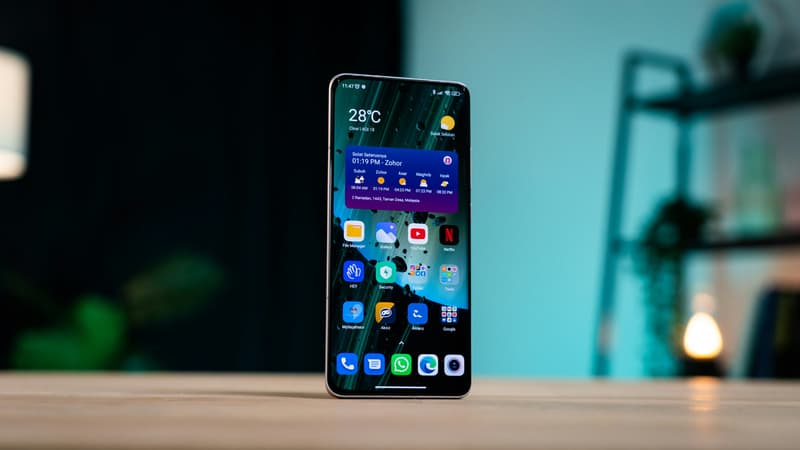A revived debate? “I want there to be the opportunity to search the phones,” said Interior Minister Bruno Retailleau on Monday in an interview with LCI. If you evoke the phones of people in an irregular situation, this possibility supervised today.
In fact, in France, and as explained by the lawyer specialized in these questions, Alexis Baudelin, “the excavation of the mobile phone during a criminal investigation is assimilated to a search.” But first he must go through the acceptance, by the suspect, of “the exploitation of his phone”, in particular when revealing his unlock code. An independent judge can also give their authorization to exploit the data.
In addition, during a flagration investigation, the excavation is authorized without a prior agreement.
Refusing to give your code is also considered a crime (article 435-15-2 of the Criminal Code), but the Judicial Police officer must first demonstrate that smartphone encryption is active and that only unlocking by the code allows access to the data.
The authorized “digital excavation”
However, the judgment of October 4, 2024 of the Court of Justice of the European Union has established that the Judicial Authority must demonstrate that it acts in “the general interest” when you want to carry out an excavation when testing “the link between the owner of the mobile phone and the criminal crime”, but also by demonstrating the need for data present in the apparatus within the framework of the investigation. “
Among the data that can lead to the excavation of a smartphone, there are location, photographs or videos, navigation history, but also to the communications content whose messages were maintained.
On the other hand, the judicial authority should not be able to recover “personal” data and especially related to racial or ethnic origin, as well as political and religious opinions.
As part of Bruno Retailleau’s proposal, such excavation should allow him to know “where nationals, illegal immigrants or irregular stays come from, for example, intercepting messages sent by smugglers in France and abroad.
If each country is free to impose its limits, the Court of Justice of the European Union specifies that the national authorities must respect “the principle of proportionality”, hence the need for control carried out by an independent court, which puts aside a public prosecutor (which therefore is not considered “independent”).
Finally, as Cnil recalls, the “digital search” cannot be used for certain sensitive professions, such as lawyers or parliamentarians and must be limited “to computer data.”
Source: BFM TV


